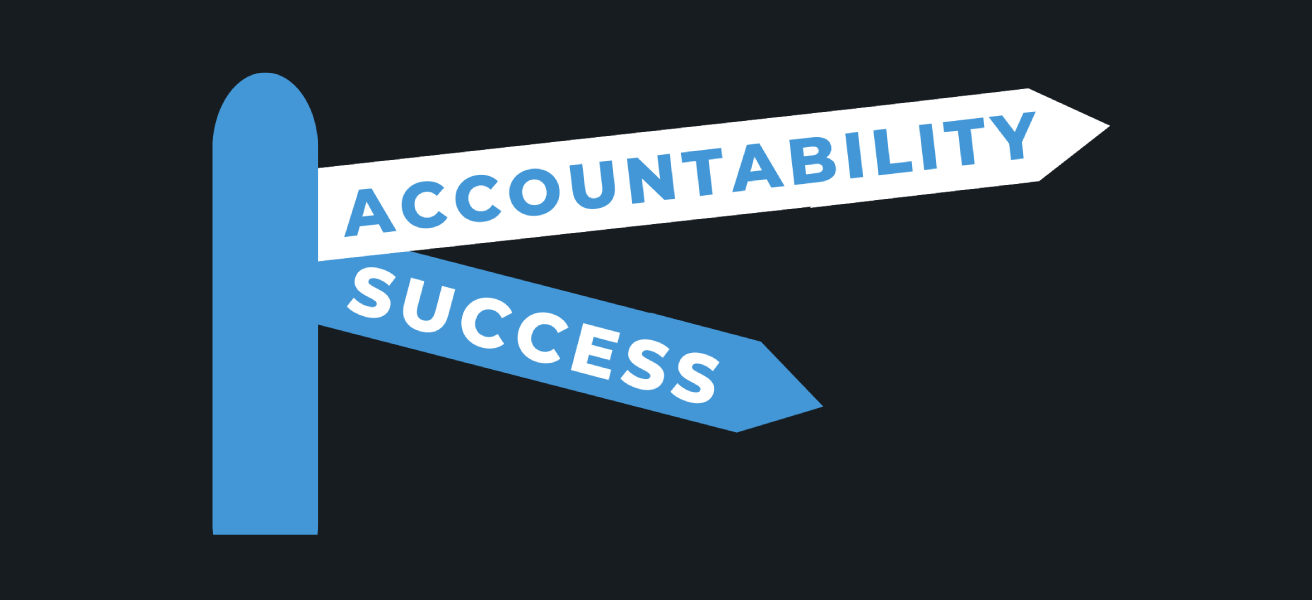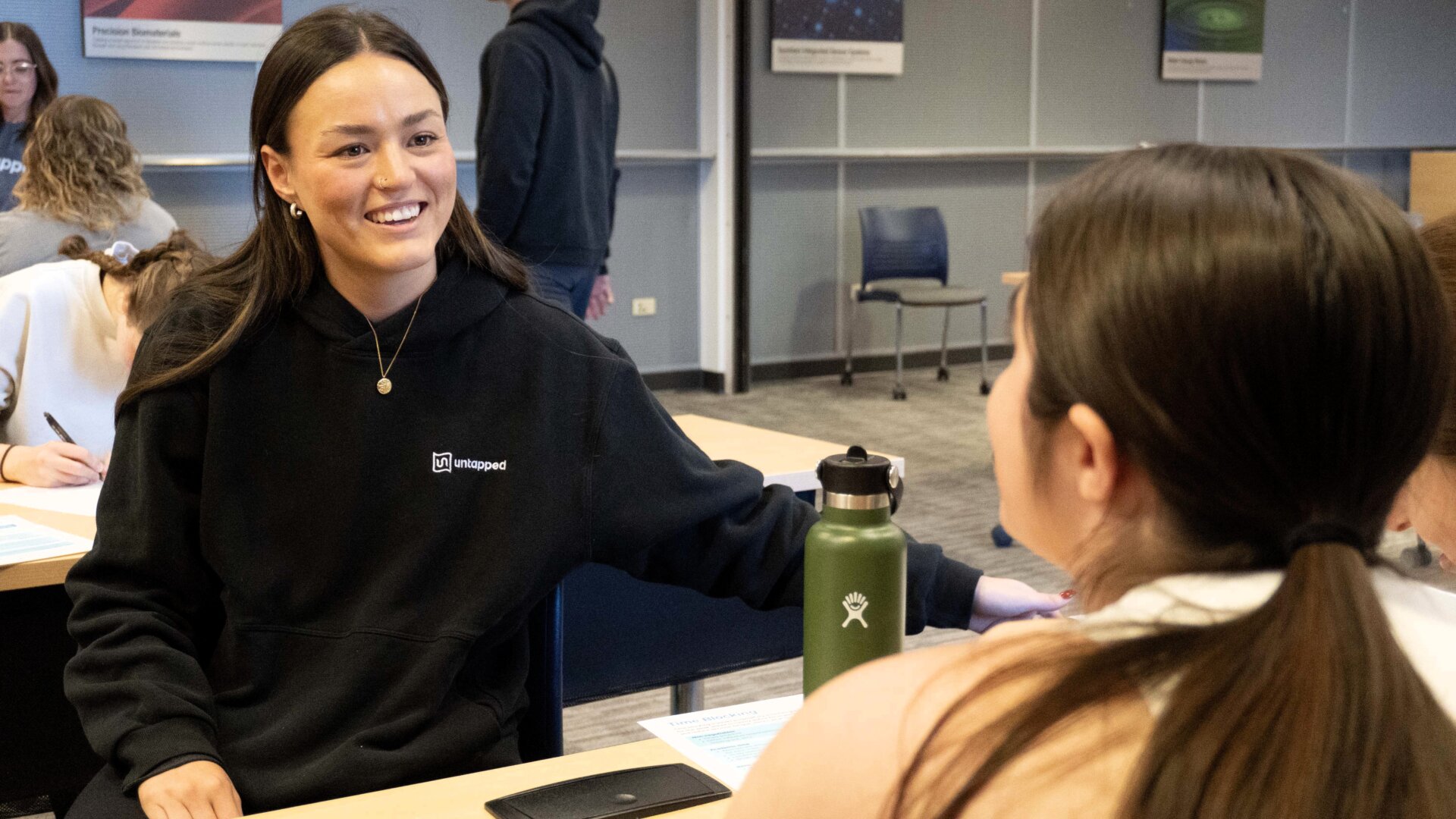The Process, Not the Product: Building Lifelong Success Through Learning
In most educational systems, grades are seen as the primary measure of success. However, the true value lies in discovering how each of us learns. This process not only improves academic performance but also develops executive function skills like time management, organization, and problem-solving. By focusing on how they learn, rather than just what they achieve, students develop the resilience and adaptability needed to overcome challenges throughout life.
To see how shifting focus to the learning process can lead to meaningful success, let’s explore the story of a student who had to rethink her approach.
Sarah’s Journey: Learning the Basics of Studying
Sarah had always excelled in high school, relying on her intelligence to breeze through exams. But when she entered a prestigious engineering university, things changed. For the first time, she struggled because she hadn’t developed foundational study habits or a system for organizing her workload. Sarah didn’t know how to learn or manage her time effectively, leaving her overwhelmed by complex equations and fast-paced lectures.
After a poor exam score, Sarah sought help. “I don’t know how to study,” she admitted. While Sarah had always been smart, she lacked the executive function skills—like planning and time management—needed to succeed in this new environment.
Together, we focused on learning how to learn by building strong study habits and creating an organizational system that worked for her. Over time, Sarah’s grades improved, but more importantly, she learned that success came from refining her process, not just chasing grades.
Sarah’s story isn’t unique—many students face similar challenges when they haven’t developed strong learning habits. That’s why focusing on the process of learning, rather than grades, is so important.

Though seeing your student fail a test or get a low grade can be frustrating, try to avoid simply lecturing them. If the student is already putting in the effort, being scolded for hard work will only disrupt the learning process. They will be less willing to take chances to understand how they best learn. Instead, prioritize the process over the outcome.
Teaching Students the Process
Students and families focusing on the process over the product have much more long-term success. By learning to work through challenges, students gain valuable problem-solving skills that will help them academically and personally. Not only does this build better people, but we see the same conclusions time and time again:
Why the Process Matters
Many students, like Sarah, rely on natural ability for years, but when academic demands increase, they struggle without strong habits or developed executive function skills. Shifting from a results-driven mindset to one focused on the process over the product is needed.
When students prioritize improving their study habits and learn how to approach challenges thoughtfully, they can handle setbacks with confidence and grow from the experience.
This approach is especially valuable in today’s fast-changing world. While technology and careers will evolve, learning how to learn and organizing one’s life are timeless skills that will help students adapt and succeed, no matter how the world changes.
We’re playing the long game here—students who focus on their process rather than just chasing grades tend to have better outcomes in the long run. Not every student fits into traditional educational models, but learning to learn is key to long-term success.
For Parents: Supporting Executive Function and Learning Skills
Parents play an important role in helping students develop their executive function skills and adopt effective learning habits. Here’s how you can guide your child to focus on the process of learning:
- Ask Reflective Questions
Instead of focusing on grades, ask questions that encourage reflection on their learning
process:
- How did you prepare for that test?
- “What strategies helped you learn the material?
- How can you adjust your approach to feel more prepared next time?
These questions encourage your child to reflect critically on how they learn. Every brain works differently, especially if your child has executive function challenges. While there’s no one-size-fits-all solution, asking thoughtful questions and observing patterns can help them discover what works best.
- Praise Effort, Not Just Results
Celebrate the time and effort your child puts into their learning, even if their grades aren’t perfect. Acknowledge improvements in their study habits, reinforcing the idea that success comes from perseverance and refining their approach. Focusing on the process will ultimately lead to better results.
- Create a Structured Study Plan
Help your child break assignments and exams into smaller, manageable tasks. Establishing routines and setting clear goals fosters the development of executive function skills and sustainable study habits. Many students struggle with planning and organization when they leave home, so building these skills early is key.
- Normalize Failure as Part of the Learning Process
Remind your child that setbacks are a natural part of the learning process. Encourage them to reflect on what didn’t work and adjust their approach rather than focusing solely on outcomes. A growth mindset is especially helpful for neurodiverse learners, allowing them to see failures as opportunities for improvement.

For Teachers: Fostering a Process-Focused Classroom
Teachers can also focus on building executive function skills in the classroom. Here are a few tactics to help students build the foundation for long-term learning:
- Encourage Reflection Through Self-Assessment
Help students reflect on their learning process by asking them to evaluate what worked and what didn’t after an assignment or test. Questions like:
- “What strategies helped you understand the material?”
- “What adjustments would you make next time?”
These questions guide students toward recognizing their unique learning patterns and making adjustments for improvement.
- Provide Clear Step-by-Step Guidance
Break down complex tasks into manageable steps. Offering clear instructions and goals helps students build their executive function skills, particularly in planning and getting started on assignments.
An example is when assigning a research paper, instead of giving a broad due date, break the task into smaller steps:
- Week 1: Choose a topic and submit a research question.
- Week 2: Create an outline and gather three credible sources.
- Week 3: Write a rough draft and meet for feedback.
- Week 4: Revise and submit the final paper.
- Give Feedback on the Process
When providing feedback, focus on the strategies students used, not just the end result. Highlighting areas where they can improve their study habits or organizational methods reinforces the importance of learning how to learn.
For example, after a group project presentation, instead of only grading the final product, offer feedback on the student’s approach:
- “I noticed your group created a detailed outline early on. That helped you stay on track, which is great. For next time, consider assigning specific roles earlier to improve collaboration.”
- “You managed your time well by setting mini-deadlines. Try adding more checkpoints to, so you can make adjustments earlier.”
- Celebrate Progress in Process
Acknowledge when students make progress in their learning approach, whether it’s maintaining a study routine or engaging more in class. Celebrating these small wins encourages students to see that the process, not just the outcome, is what leads to long-term success.
For example, if a student who typically struggles with organization starts using a planner/calendar consistently, acknowledge their effort:
- “I’ve noticed you’ve been keeping up with your planner for the past few days. That’s a big step in managing your time better—I hope you are seeing the mental clarity and benefits of it!”
Or if a student who finds participation difficult begins to raise their hand more often in class, say:
- “I’m impressed with how much more you’ve been engaging in class discussions. Keep it up—also, feel free to ask me any questions after class!”
Whether you’re a parents or an educator, you work tirelessly to support your students’ growth and success. Thank you for all that you do.
Let Untapped help your family (or your staff!) when it comes to developing students’ executive function skills.

Conclusion
By focusing on the process over the product, students can develop the resilience, executive function skills, and study habits they need to succeed in both school and life. Whether you’re a parent helping your child navigate academic challenges or a teacher guiding students through difficult concepts, remember that true success comes from learning how to approach learning itself.
In a quickly changing world, the ability to adapt, organize, and develop strong study habits will serve students long after their last exam. By mastering the process of learning, students will not only excel in school but also be better prepared for the ever-evolving challenges of life.
Key Takeaways:
- Focus on Process, Not Product: Encouraging students to develop executive function skills and learning habits builds long-term success, rather than just focusing on grades.
- Learning How to Learn: In a changing world, knowing how to learn and stay organized are lifelong skills that help everyone thrive.
- Support Reflective Learning: Parents and teachers should ask reflective questions that guide students to think critically about their study approach and how they can improve.
- Celebrate Effort and Progress: Acknowledge the hard work and improvements in the learning process to reinforce that success comes from perseverance, not just immediate results.
Is your student struggling to build effective learning habits? At Untapped Learning, we specialize in helping students develop executive function skills that set them up for long-term success.
For More:
Understanding Executive Function Challenges in Your Child





